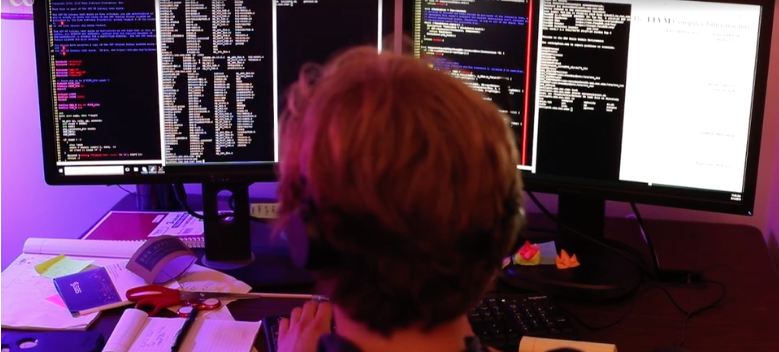
from News & Observer Aug 16, 2019
CARY
“When you do something that feels meaningful and engaging,” said Chris Rackley, a 22-year-old intern at SAS Institute, “that is the best thing you can do on the planet,”
But for people like Rackley, who are on the autism spectrum, finding an engaging and meaningful job can sometimes feel impossibly hard.
Five of his good friends — all of whom are “brilliant” and autistic, Rackley noted — are underemployed for the simple fact that they struggle with one traditional way of landing a job: nailing an interview.
“We’re a population of very intelligent people, but we’re terrible at interviewing,” he said. “So, when we have a job interview, we freeze up.”
In the Triangle, some companies are beginning to experiment with new programs meant to tear down those barriers that confront people like Rackley, who works in user experience design at SAS.
And across the U.S., companies are coming to the realization that they’ve been systematically excluding a large population of qualified workers during a time when a decades-low unemployment rate has made finding talented workers difficult.
Many of them — like SAS, Credit Suisse and Fidelity in the Triangle — are all a little over a year into attempting to make their workplaces and cultures more accessible to those on the autism spectrum.